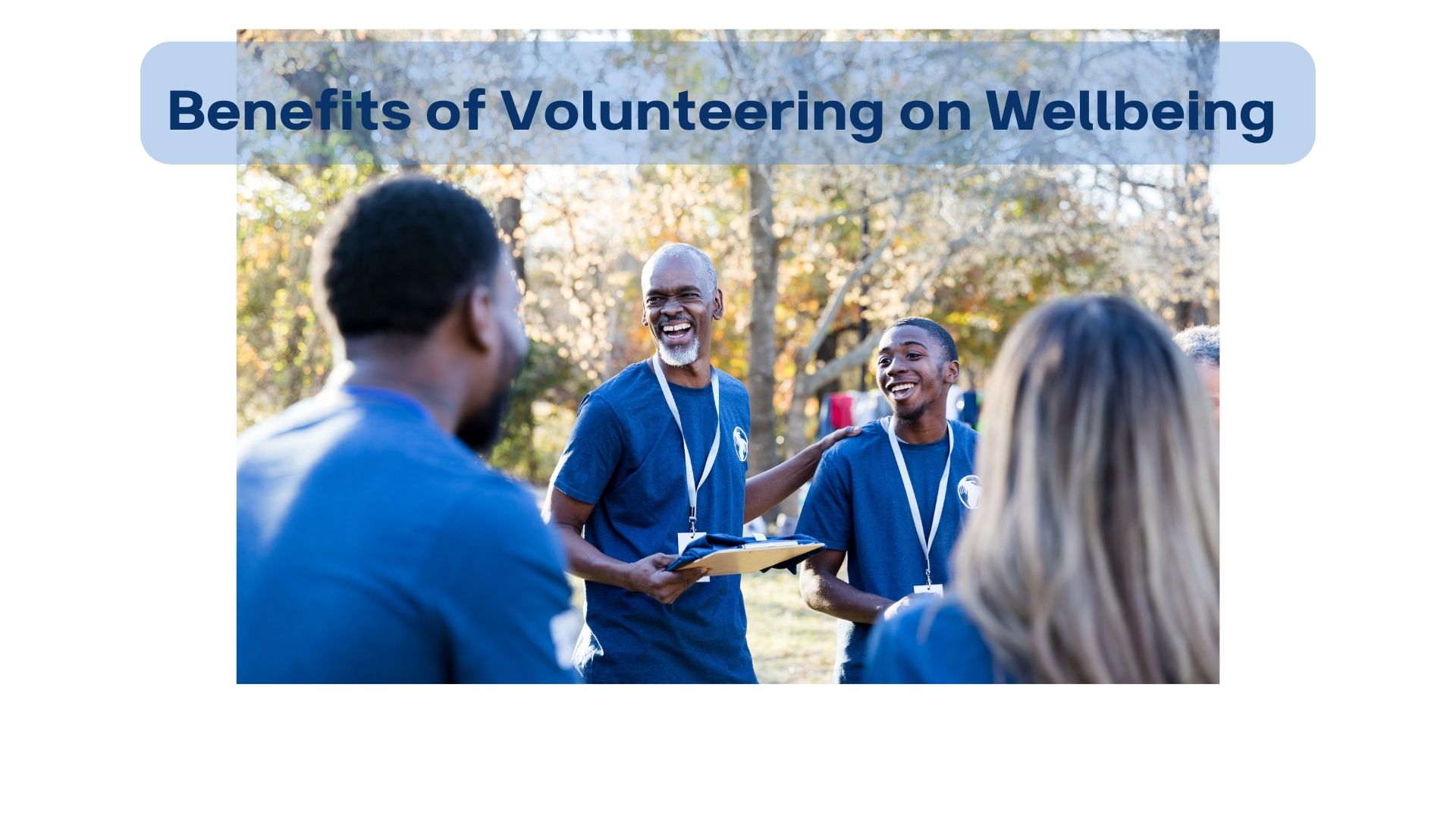

Retired and senior volunteers are more protected from the hazards of retirement, physical decline, and inactivity than people of the same age who do not perform volunteer work, this 2019 study “Benefits of Older Volunteering on Wellbeing: An International Comparison” concludes.
Only a few studies have covered the link between volunteering and subjective well-being specifically on older adults, and this comprehensive study is one of those.
As this study is long, quite academic, and cites multiple studies to conclude with results like the above quote, we have provided some helpful highlights below to concisely confirm how volunteering for older people is a positive, healthful activity!
The researchers’ main aim was to study the factors that influence health — of the well-being of older adults — in association with volunteering.
This thorough study involved different factors including age (adults 61 to 80 years of age), marital status, vocation, and education level achieved. Their sample is composed of 1,699 observations of women and men from three different countries.
The findings of the study include, social participation through volunteering allows older people to contribute to the common good, enhancing social improvements and ensuring continuity among generations. Volunteering should be encouraging throughout the individual lifecycle to promote well-being in older adults.
Studies have shown that volunteers report a better state of health and well-being than non-volunteers and that they even have a longer life expectancy. Recent research suggests that participating in volunteer activities during leisure time positively reinforces health and happiness.
Retired and senior volunteering could be highly beneficial for societies with an aging population. Participating in voluntary activities can empower older people, mitigating the difficulties of retirement, physical decline, and inactivity. Older adult volunteering can prevent social isolation… and help maintain and even improve mental health.
As long as older adults volunteer in ways they feel comfortable with, and within their capabilities, the study concludes: even for older adults with multiple chronic diseases, participating in volunteer activities seems to improve their self-reported state of health.
There is empirical evidence that retired and senior volunteering has a positive effect on all the stakeholders: the voluntary organizations, the people they serve, and the volunteers. The volunteers themselves can share in the positive effects of their actions.
Want to learn more? Read the full academic article here.


